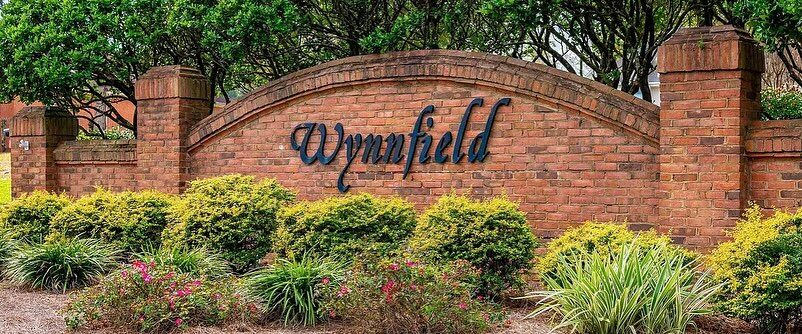What Happens If You Don’t Pay Wynnfield HOA Dues?
Failing to pay your Wynnfield Homeowners Association (HOA) dues can lead to serious consequences, including a lien being placed on your property. The HOA’s governing bylaws clearly outline the rights and responsibilities of homeowners regarding assessments, as well as the penalties for nonpayment.
Consequences of Not Paying HOA Dues
If you fail to pay your HOA dues, the association has the legal right to enforce collection. According to the Wynnfield HOA bylaws:
- Creation of a Lien on Your Property
- Any unpaid assessments, along with accrued interest, legal costs, and reasonable attorney’s fees, will become a continuing lien on your property. This lien is a legal claim that the HOA can place on your home until the outstanding debt is paid.
- A lien can affect your ability to sell or refinance your property, as it must typically be resolved before a sale or new mortgage can be finalized.
- Personal Obligation for Payment
- In addition to being a lien on your property, the unpaid dues become a personal obligation for the homeowner at the time the assessment was issued. This means that even if you sell your home, you may still be personally responsible for paying the overdue balance if it wasn’t resolved before the sale.
Types of Assessments
The HOA dues that homeowners are required to pay typically fall into two categories:
- Annual Assessments
- These are regular fees collected to maintain common areas, cover operational costs, and manage the community’s shared expenses.
- Examples include landscaping, streetlights, security systems, and general upkeep of shared spaces like parks or clubhouses.
- Special Assessments
- These are additional charges levied for unexpected repairs, major capital improvements, or expenses that exceed the annual budget.
- For instance, if a storm damages common property or if an aging amenity requires extensive renovation, the HOA may issue a special assessment to cover these costs.
Collection Process
If a homeowner falls behind on dues, the Wynnfield HOA typically follows these steps to enforce payment:
- Notification
- The HOA will first send notices to the homeowner, outlining the amount owed and any applicable late fees or interest.
- Imposition of Late Fees and Interest
- Additional charges may be added to the outstanding balance, increasing the total amount owed over time.
- Legal Action and Lien Placement
- If the homeowner continues to neglect payment, the HOA can place a lien on the property.
- The lien may include not only the unpaid dues but also interest, legal fees, and other costs incurred during the collection process.
- Foreclosure
- In extreme cases, if the lien remains unresolved, the HOA may have the right to foreclose on the property, depending on state laws and the terms of the governing documents.
Importance of Paying HOA Dues
HOA dues are vital for maintaining the quality and value of the neighborhood. These funds ensure that:
- Common areas are properly maintained.
- Community services (like landscaping, security, or utilities) are funded.
- Property values are protected by keeping the neighborhood in good condition.
When homeowners neglect to pay their dues, it can strain the association’s budget, potentially leading to increased assessments for other residents or cuts to services.
What Can You Do If You Can’t Pay?
If you’re facing financial difficulties and can’t pay your HOA dues, here are some steps to consider:
- Communicate with the HOA
- Contact the association as soon as possible to discuss your situation. They may be willing to work out a payment plan or offer temporary relief.
- Review the Governing Documents
- Familiarize yourself with the HOA’s rules and procedures for delinquent payments.
- Seek Legal Advice
Takeaway
Failing to pay your Wynnfield HOA dues can lead to significant financial and legal repercussions, including a lien on your property and personal liability for the unpaid balance. To avoid these outcomes, it’s crucial to stay current on your dues or work proactively with the association to address any financial challenges. Understanding the HOA’s bylaws and your obligations as a homeowner is key to maintaining a positive relationship with the community and protecting your property investment.
